Ruja Ignatova: the crooked cryptoqueen
Ruja Ignatova’s charm and guile, honed in the dark markets of post-Soviet Bulgaria, persuaded millions to invest in OneCoin, her Ponzi scheme. Then she disappeared.
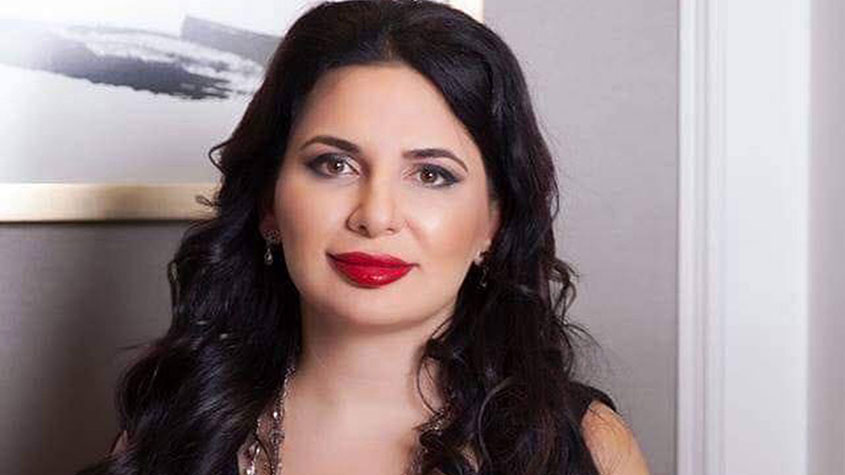
Get the latest financial news, insights and expert analysis from our award-winning MoneyWeek team, to help you understand what really matters when it comes to your finances.
You are now subscribed
Your newsletter sign-up was successful
Want to add more newsletters?

Twice daily
MoneyWeek
Get the latest financial news, insights and expert analysis from our award-winning MoneyWeek team, to help you understand what really matters when it comes to your finances.

Four times a week
Look After My Bills
Sign up to our free money-saving newsletter, filled with the latest news and expert advice to help you find the best tips and deals for managing your bills. Start saving today!
In the summer of 2016, Ruja Ignatova walked on stage at Wembley Arena to greet thousands of fans. “She was dressed as usual in an expensive ballgown”, says The Sunday Times. But her message was modern: OneCoin, “Dr Ruja” told the cheering audience, was the “bitcoin killer” set to become the world’s largest digital currency. Scarcely a year later, she had vanished, leaving behind a trail of destruction.
The missing “cryptoqueen” has never been seen since. It transpired that OneCoin was essentially a Ponzi scheme disguised as a cryptocurrency – there was no blockchain base, and buyers were offered commission to sell the currency on to others. Several made multi-million-dollar fortunes themselves from an asset whose “price” Ignatova effectively fabricated.
Although OneCoin’s “suckers” were offered seemingly absurd returns – sometimes running to “hundreds of percent a year” – the timing of the scam, which ran from 2014 to 2017, was perfect since it capitalised on the frenzied speculation taking off elsewhere in the crypto world.
MoneyWeek
Subscribe to MoneyWeek today and get your first six magazine issues absolutely FREE

Sign up to Money Morning
Don't miss the latest investment and personal finances news, market analysis, plus money-saving tips with our free twice-daily newsletter
Don't miss the latest investment and personal finances news, market analysis, plus money-saving tips with our free twice-daily newsletter
The victims, around one million people in 175 countries, collectively lost “somewhere between €3bn and €10bn euros” of their savings, says The Sunday Telegraph. When Bulgarian-born Ignatova disappeared in October 2017 – having quietly boarded a Ryanair flight from Sofia to Athens – she took $500m of investors’ cash with her, according to her brother, who was arrested in 2019.
Last week, the FBI belatedly added her to its “Most Wanted” list. “This is probably the biggest development in the case since Dr Ruja disappeared,” says Jamie Bartlett, author of the hit podcast and book The Missing Cryptoqueen. It isn’t clear why the FBI has acted now – it may have hit a dead end.
Ignatova’s convincing CV
How did Ignatova manage to persuade so many people to entrust their savings to OneCoin? As with the most effective scams, it was partly because some of her claims – not least her “glittering” academic and professional background – were true.
Born to a Romani family in Ruse, Bulgaria in 1980, Ignatova emigrated to Baden-Württemberg in Germany when she was ten. Academically exceptional, she won a place at Oxford University and later studied for a PhD in private international law at the University of Konstanz. A stint in management consultancy with McKinsey & Co followed.
That CV was enough to persuade The Economist to include her at one of its conferences – a speech she re-ran to good effect at recruitment presentations. Would-be investors were also shown copies of Forbes magazine with her portrait on the front cover, says the BBC. “It was actually... a paid-for advertisement from Forbes Bulgaria.”
Once people were hooked, Ignatova’s charisma did the rest. “Dr Ruja” came across as visionary, even messianic, force. Ignatova also made good use of lawyers, sending threatening letters to anyone questioning OneCoin’s veracity. In more developed markets the supine attitude of regulators helped.
Had the authorities delved deeper, the red flags would have been self-evident. In 2012, Ignatova was convicted of fraud in Germany in connection with a company acquired with her father. A year later, she was involved with a multi-level marketing scam call BigCoin.
Behind her respectable façade lay a murky background in the “dark markets” of post-Soviet Bulgaria, says Bitrate.com. Much of the money that flowed in from OneCoin was invested in the country, “siphoned into property deals and to a host of questionable individuals and companies”. Ignatova may have disappeared because she was in too deep, and feared for her life. Notwithstanding a possible 80-year sentence if convicted, she might be better off if the FBI catches up with her first.
Get the latest financial news, insights and expert analysis from our award-winning MoneyWeek team, to help you understand what really matters when it comes to your finances.
Jane writes profiles for MoneyWeek and is city editor of The Week. A former British Society of Magazine Editors (BSME) editor of the year, she cut her teeth in journalism editing The Daily Telegraph’s Letters page and writing gossip for the London Evening Standard – while contributing to a kaleidoscopic range of business magazines including Personnel Today, Edge, Microscope, Computing, PC Business World, and Business & Finance.
-
 How a ‘great view’ from your home can boost its value by 35%
How a ‘great view’ from your home can boost its value by 35%A house that comes with a picturesque backdrop could add tens of thousands of pounds to its asking price – but how does each region compare?
-
 What is a care fees annuity and how much does it cost?
What is a care fees annuity and how much does it cost?How we will be cared for in our later years – and how much we are willing to pay for it – are conversations best had as early as possible. One option to cover the cost is a care fees annuity. We look at the pros and cons.
-
 VICE bankruptcy: how did it happen?
VICE bankruptcy: how did it happen?Was the VICE bankruptcy inevitable? We look into how the once multibillion-dollar came crashing down.
-
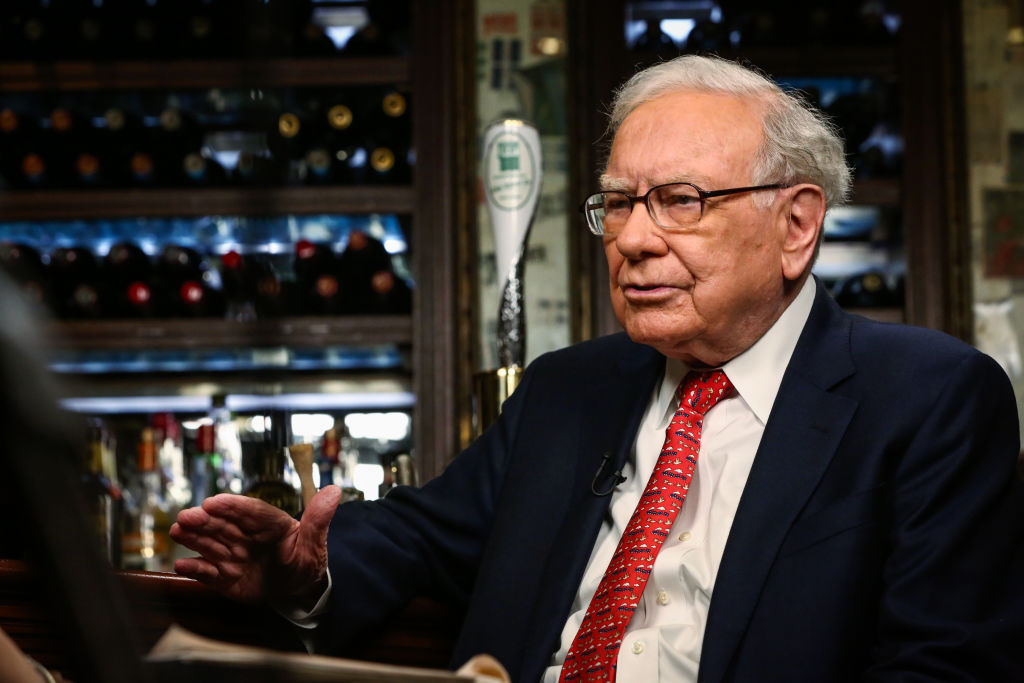 What is Warren Buffett’s net worth?
What is Warren Buffett’s net worth?Warren Buffett, sometimes referred to as the “Oracle of Omaha”, is considered one of the most successful investors of all time. How did he make his billions?
-
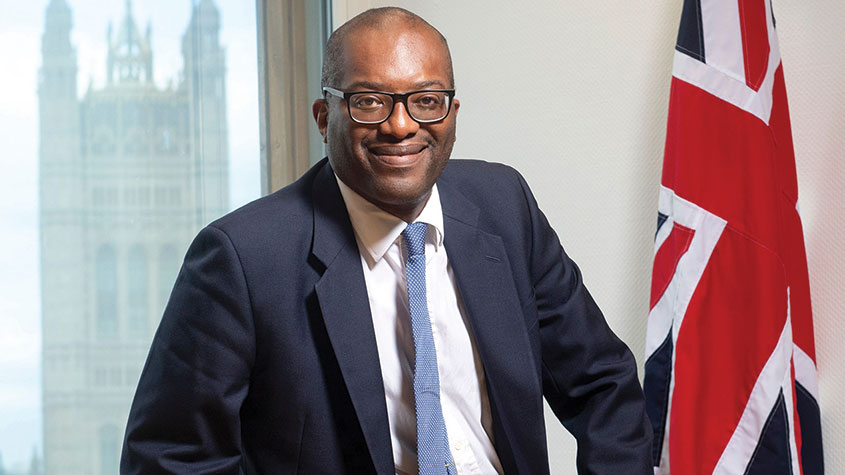 Kwasi Kwarteng: the leading light of the Tory right
Kwasi Kwarteng: the leading light of the Tory rightProfiles Kwasi Kwarteng, who studied 17th-century currency policy for his doctoral thesis, has always had a keen interest in economic crises. Now he is in one of his own making
-
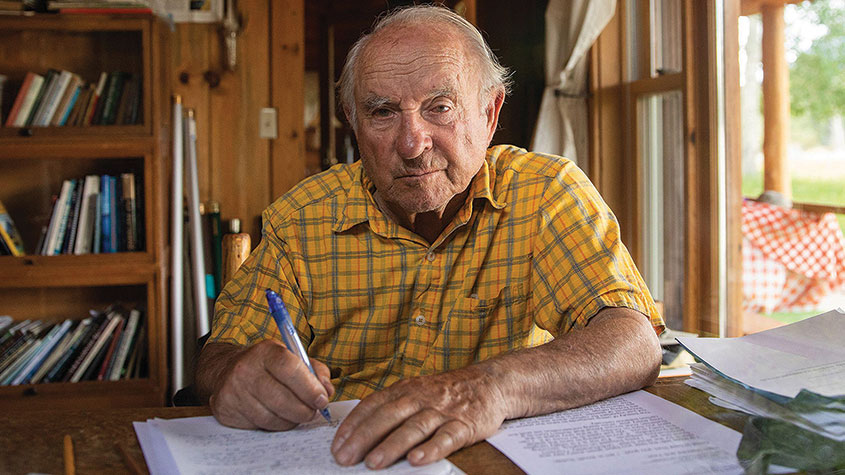 Yvon Chouinard: The billionaire “dirtbag” who's giving it all away
Yvon Chouinard: The billionaire “dirtbag” who's giving it all awayProfiles Outdoor-equipment retailer Yvon Chouinard is the latest in a line of rich benefactors to shun personal aggrandisement in favour of worthy causes.
-
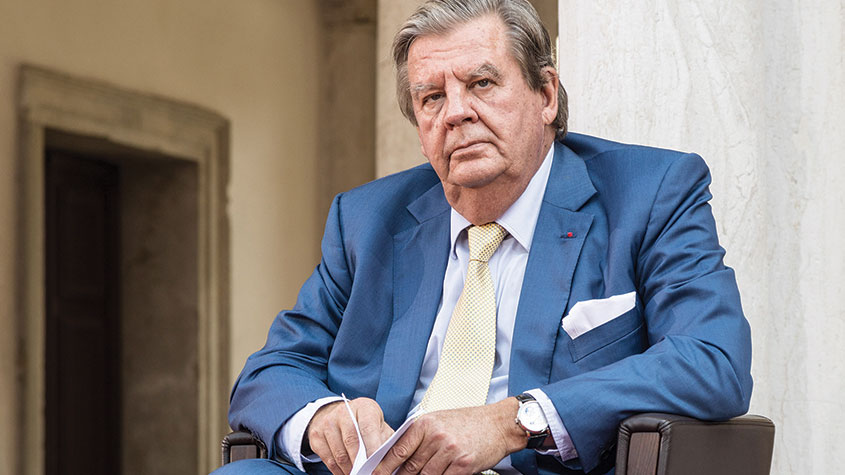 Johann Rupert: the Warren Buffett of luxury goods
Johann Rupert: the Warren Buffett of luxury goodsProfiles Johann Rupert, the presiding boss of Swiss luxury group Richemont, has seen off a challenge to his authority by a hedge fund. But his trials are not over yet.
-
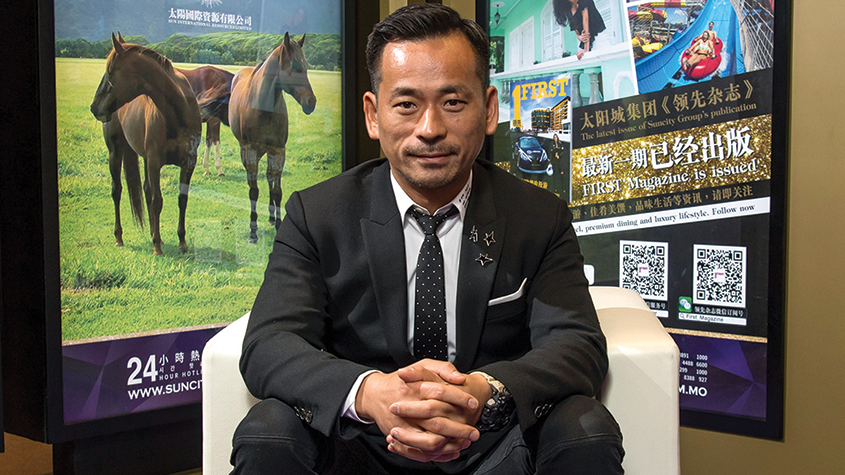 Profile: the fall of Alvin Chau, Macau’s junket king
Profile: the fall of Alvin Chau, Macau’s junket kingProfiles Alvin Chau made a fortune catering for Chinese gamblers as the authorities turned a blind eye. Now he’s on trial for illegal cross-border gambling, fraud and money laundering.
-
 Ryan Cohen: the “meme king” who sparked a frenzy
Ryan Cohen: the “meme king” who sparked a frenzyProfiles Ryan Cohen was credited with saving a clapped-out videogames retailer with little more than a knack for whipping up a social-media storm. But his latest intervention has backfired.
-
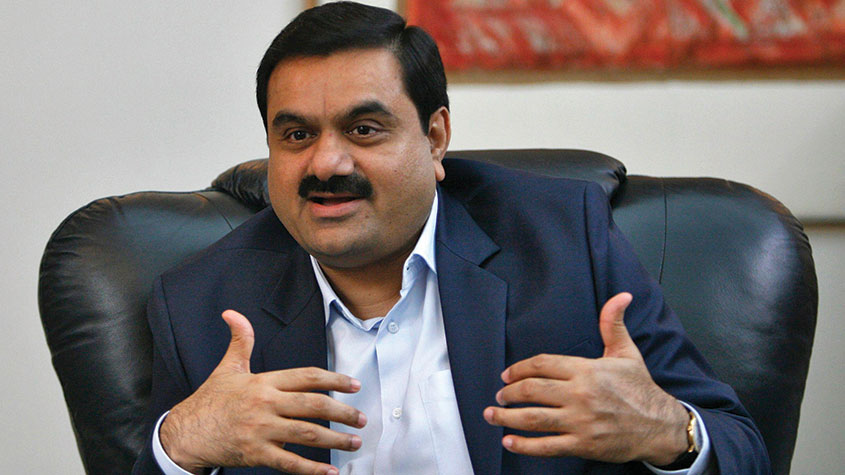 The rise of Gautam Adani, Asia’s richest man
The rise of Gautam Adani, Asia’s richest manProfiles India’s Gautam Adani started working life as an exporter and hit the big time when he moved into infrastructure. Political connections have been useful – but are a double-edged sword.